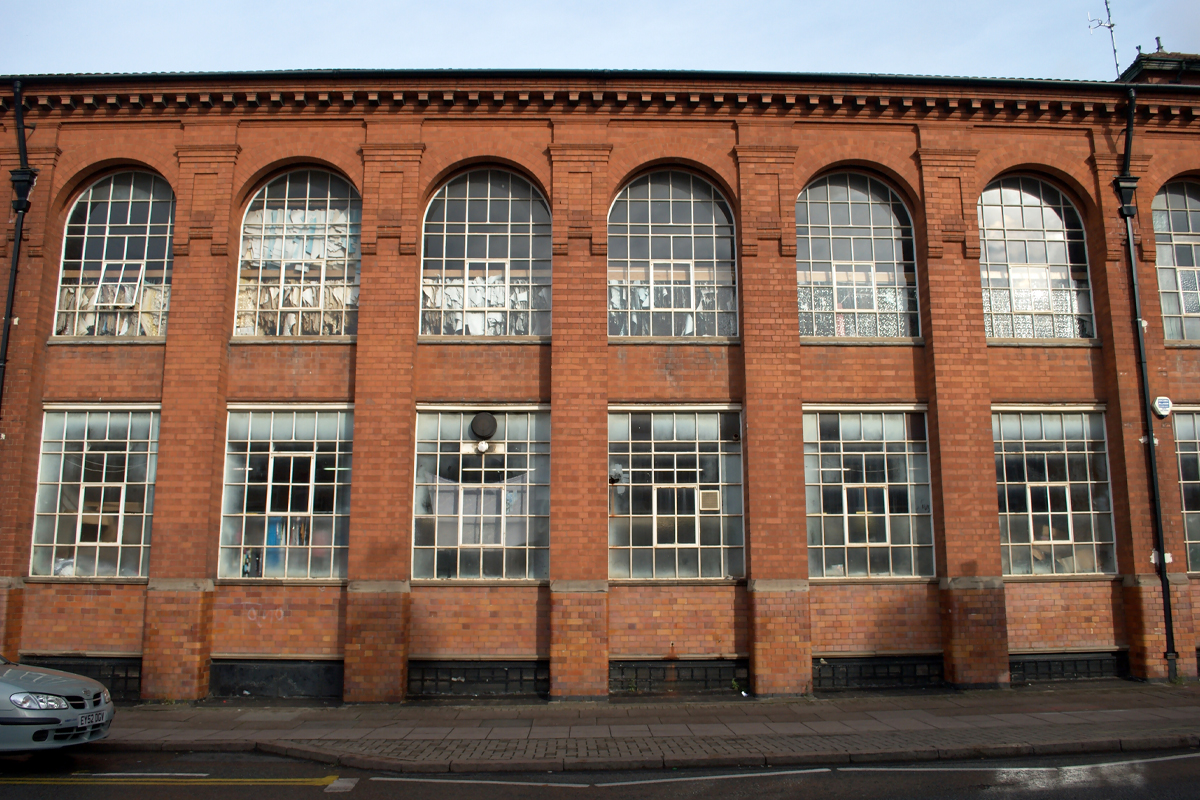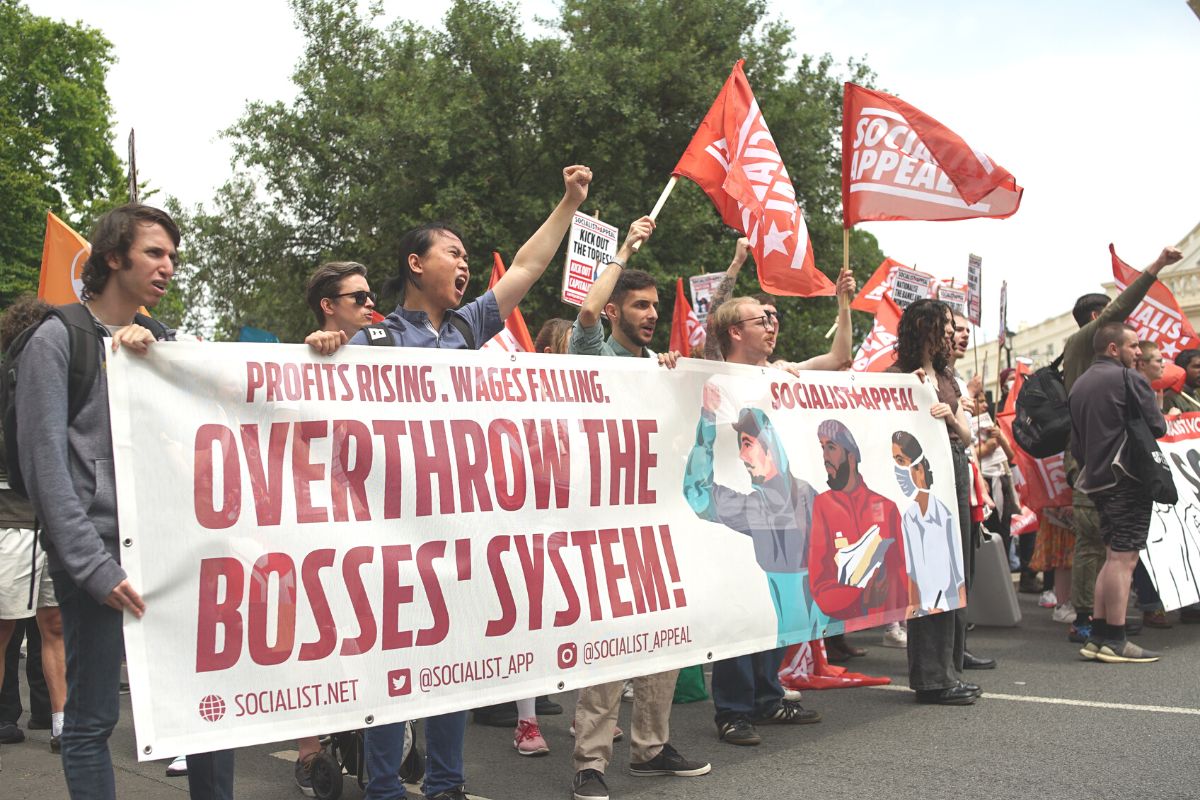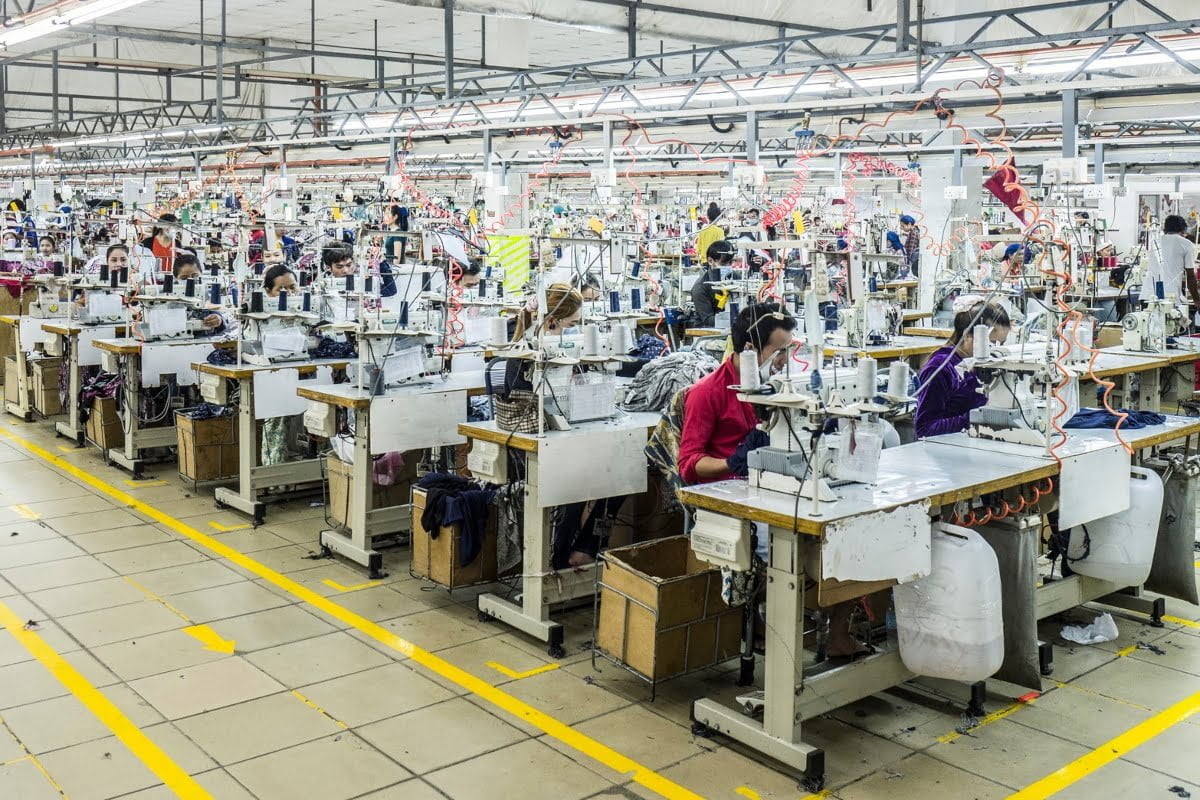A recent report from the Low Pay Commission reveals how impotent watchdogs and regulators are when it comes to stopping criminal treatment of workers by the bosses. Instead, workers must trust only in their own strength.
During the pandemic, when it became clear that Leicester was a hotspot for COVID infections, government investigations uncovered swathes of so-called ‘dark factories’ in the city.
In these warehouses, garment workers – predominantly black and Asian – were packed like sardines in hot, poorly-ventilated spaces, manufacturing clothes for fast-fashion companies like Boohoo, at wages far below the legal minimum.
Subsequently, watchdogs and regulators were brought in to look into workers’ reports about the poor conditions in these factories, and to clamp down on the bosses’ most unscrupulous, exploitative practices.
The result is a recent report from the Low Pay Commission (LPC), which has published its findings regarding how the conditions in these workplaces have changed – or haven’t.
Super-exploitation
Unsurprisingly, the LPC report reveals that the capitalist state’s pathetic efforts have not had any impact on curbing the rampant super-exploitation of Leicester’s garment workers.
Workers continue to be employed on poverty pay, which in some cases falls below even half the level of the minimum wage.
Scandalously, according to the report’s authors, government advisors believe that this isn’t a cause for concern. Apparently, exploitation is no more prevalent in these ‘dark factories’ than in any other sector.
This super-exploitation is very real, however. And it is no surprise. After all, the garment industry is big business.
Workers in Leicester produce items for as little as 25 pence per piece. Last year, meanwhile, Boohoo PLC made £124 million in profits.
Impotence

Such conditions are prevalent across the country. But the establishment mostly turns a blind-eye to all of this.
When particularly shocking examples are exposed, however, government watchdogs and regulators are brought in to investigate and punish those found to have most egregiously violated the rules.
But as the LPC itself shows, such bodies are completely impotent. Reading through the pages of its report into the Leicester garment industry, it’s almost laughable the ease with which the bosses get around any measures put in place by state inspectors.
Basic lies – including underreporting of hours worked by employees – were all it took to fly under the radar of these people.
Other tactics include targeted harassment and intimidation of workers by the bosses, to make employees hand back part of their salary, or to keep them silent about their conditions.
Workers who raise issues are marked out as ‘troublemakers’, whilst those attempting to organise colleagues are routinely blacklisted by factory bosses.
These disgraceful activities are combined with the act of ‘phoenixing’: shutting down a business that is under investigation, and starting up a new one with the same tools and resources, in order to keep production flowing, whilst circumventing the authorities.
The LPC claims that there are a “wide range of tools” being introduced to tackle phoenixing. But the commission also readily admits that these are only good for chasing up individual violators, atomising the problem to one of this-or-that rotten apple.
Spider’s web
These establishment bodies and laws are useless, to put it mildly. Not only are they ignorant to the scale of the problem, but they are constantly lagging behind. The bosses can always stay one step ahead and hide the truth.
These supervisory organisations can’t even conduct surprise inspections, because they have to work within the confines of the law. But as the old saying goes: the law is like a spider’s web – the small and weak are caught, whilst the big and powerful rip right through it.
Even the LPC admits that they have no real solutions. Their own recommendations boil down to pleading for better protection for workers who actively come forward.
In other words, they will wait for reports to come to them, and the issue will be handled on a case-by-case basis, doing nothing to tackle the root of the problem.
Power
Workers must therefore have no trust in such regulations or bodies to protect them.
Nor will any help come from the police, or any other arm of the capitalist state – as was seen when this scandal was first uncovered in 2020, with officers arresting a worker, rather than the factory’s criminal owners.
The Police turned up to the garment factories in Leicester and arrested a worker – not the factories which forced Leicester into Lockdown & killed people spreading the virus! The role of the police isn’t to protect workers but profits. #leicesterlockdownhttps://t.co/NdoZ8WvWF3
— Rav Mistri (@RaVz94) July 4, 2020
In the final analysis, all of these institutions and laws exist to protect the property, profits, and power of the capitalist class – not the lives and livelihoods of workers.
But Leicester’s garment workers are not meek and helpless. In reality, just like all workers, they have a huge potential power in their hands. It is they who produce these goods; who keep the clothes on people’s backs; and who generate all the wealth that lines the bosses’ pockets.
To paraphrase Socialist Appeal founder Ted Grant: Not a wheel turns, not a lightbulb shines, not a t-shirt is made, without the kind permission of the working class. And once this enormous power is mobilised, no force on earth can stop it.
Demands
Instead of looking towards toothless watchdogs and inspectors, the full weight of the trade union movement must be put into organising and unionising these workers, as part of a wider political struggle to fight for decent wages and conditions for all.
This should include demands for workers to be employed on written contracts, with full employment rights from day one; for a real, living wage of £15 per hour, and a 30-hour working week; and for the implementation of all health and safety laws, under the oversight of democratically-elected workplace committees.
If the bosses say that they cannot afford to meet these demands, then the unions must call for them to open up the books to the labour movement, so that workers can see where the money in the fashion industry is really going.
Any company that cannot provide secure jobs, a living wage, and safe working conditions should be brought under public ownership and workers’ control, without compensation.
Socialism

Workers everywhere are feeling the pinch of the cost-of-living crisis – garment workers in Leicester especially so.
At the same time, workers all over the country are moving into action and fighting back. And it is time for workers in the garment industry to join them.
It is not a question of whether the Leicester workers can afford to strike – it is a question of whether they can afford not to strike.
Under capitalism, this race to the bottom will never stop. Competition drives the bosses to continually cut costs and drive down wages, in order to maximise their profits. For workers, this means longer hours, lower pay, and ever-worsening conditions.
The labour movement must therefore organise and mobilise workers across the board to do away with capitalism in its entirety, and to fight for a socialist society based on planning the economy according to needs, not profit.
Only then can we put an end to the scourge of poverty pay, and to the ‘dark factories’ and Dickensian conditions that plague the working class, in Britain and beyond.






